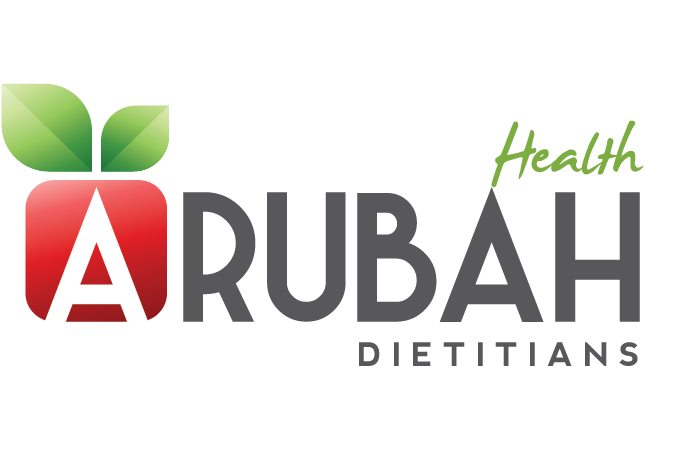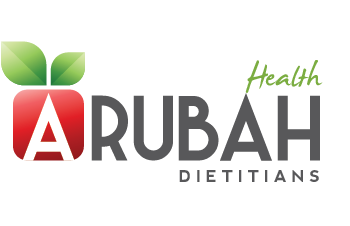Intuitive Eating – Another Diet Craze or the Real Deal?
If you look up “Intuitive Eating” on Youtube, you’ll be bombarded with a plethora of videos from every fitness, beauty, makeup, and lifestyle influencer about what Intuitive Eating (IE) is all about, anecdotes on why it worked for them and why you should try it. So, why all the hype? How much of that information is real and are they trying to sell you another wacky diet?
Well, let us help you simplify the science and give you a breakdown of the basics of Intuitive Eating.
The fundamentals of Intuitive Eating – What Is It?
Simply put, Intuitive Eating is:
- Eating when hungry
- Stopping when no longer hungry and feeling full
- No restrictions on types of foods eaten unless for medical reasons (1)
Practising IE allows us to tap into our body’s own signal for hunger and fullness, eat for our physical hunger instead of emotional hunger, and give ourselves unconditional permission to eat. Basically trying to achieve how we might eat if diets and worrying about losing weight didn’t take over our body’s ability to tell us when to eat and when to stop.
So it doesn’t sound overly hard to do, you don’t have to cut out any of your favourite foods, or stop eating past a certain time. I guess you might be wondering whether this would make you just want to eat all the sugary, greasy, “good-for-the-soul but not the waist line” food that’s out there, right? Because there’s no restrictions, and you’ll have to rely on your body to tell you when to stop and therefore you might end up gaining more weight right?
What Does the Science Say?
Studies and scientific reviews found that IE does not result in weight gain, and more importantly improves psychological health, physical health markers like blood pressure and cholesterol, dietary intake and eating behaviours (1) long-term.
What are the Benefits?
Psychological Health:
IE has a positive impact on body image, body acceptance, self-esteem, emotional well being, and may help improve depression (2).
Nutrition and Eating Behaviours:
IE allows all foods to be included encouraging variety and minimising restriction. This decreases binge eating, destructive extreme weight control and disordered eating behaviours (3) .
Physical Health Measures:
Encouraging size acceptance, reduction in dieting behaviour, and increasing awareness and response to our body signals results in improved health risk indicators in overweight and obese people (4). These included LDL and HDL cholesterol, blood glucose levels, and blood pressure long-term (1).
Will It Work For Me & How Do I Get Started?
If you’re struggling to manage your weight, jumping from diet-to-diet but never finding a solution that works long-term, constantly finding yourself continuously snacking at night, or just suffering from low self-esteem and confidence, Intuitive Eating might be worth a shot.
After chronic dieting and weight fluctuations your body might be a little out of tune with itself and learning to trust and listen to what your body needs doesn’t just happen overnight. Learning how to nourish our bodies with all that they need to function throughout our lives is very important.
The dietitians at Arubah Health are firm non- believers in diets and encourage practising and getting back to the ability to intuitively eat. We know and understand how difficult it can be to navigate the pressures of having to look a “certain” way and would love to help you get back to loving yourself while also achieving all your health goals.
Get in touch with us today and let us help you on your Intuitive Eating journey.
- Van Dyke N, Drinkwater EJ. Review article relationships between intuitive eating and health indicators: literature review. Public health nutrition. 2014 Aug;17(8):1757-66.
- Linardon J, Tylka TL, Fuller Tyszkiewicz M. Intuitive eating and its psychological correlates: A meta analysis. International journal of eating disorders. 2021 Jul;54(7):1073-98.
- Denny KN, Loth K, Eisenberg ME, Neumark-Sztainer D. Intuitive eating in young adults. Who is doing it, and how is it related to disordered eating behaviors?. Appetite. 2013 Jan 1;60:13-9.
- Bacon L, Stern JS, Van Loan MD, Keim NL. Size acceptance and intuitive eating improve health for obese, female chronic dieters. Journal of the American Dietetic Association. 2005 Jun 1;105(6):929-36.









